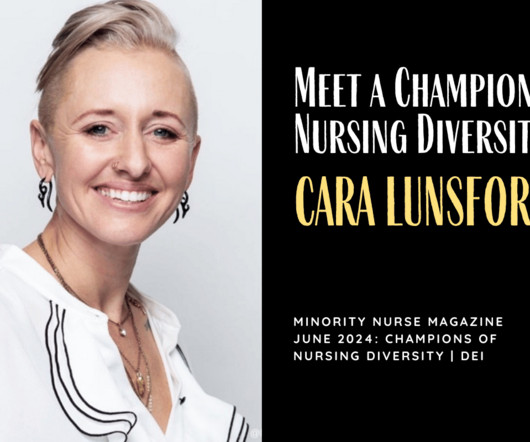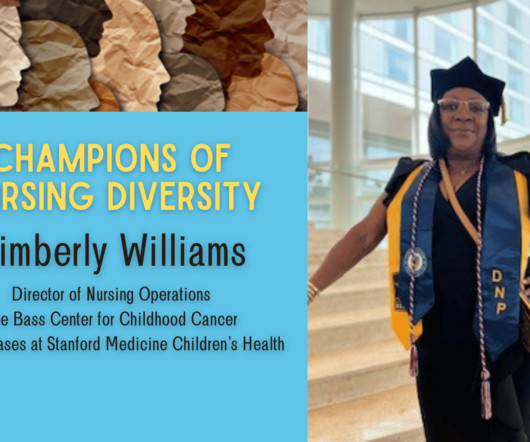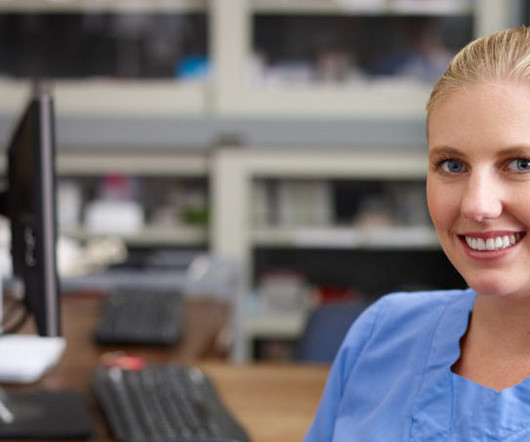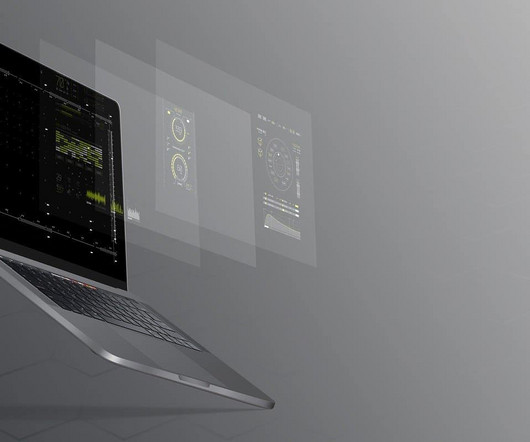EHR Interoperability: In-Depth Guide (2025 updated)
Arkenea
JUNE 9, 2025
Simply put, it’s the capability of different EHR systems to share, interpret, and collaboratively use data across various healthcare environments. An environment where physicians, no matter where they are, can access a patient’s complete medical history at a moment’s notice and make the best-informed decisions.



















Let's personalize your content